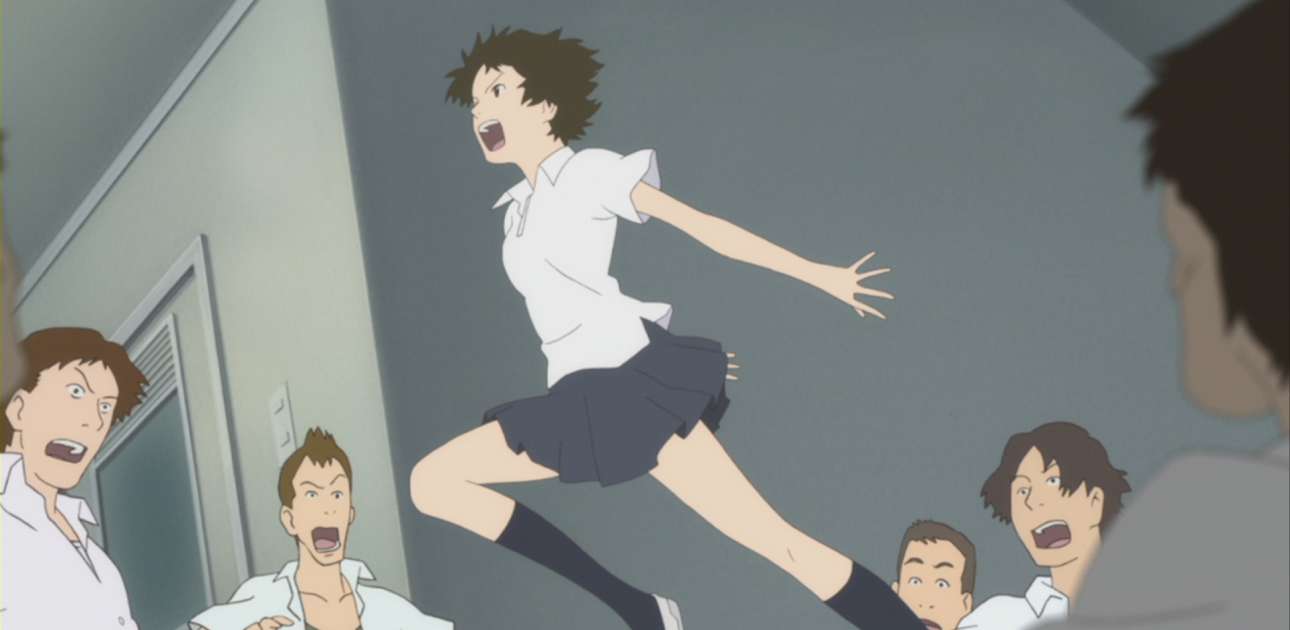
What is unique is the extent to which characters in Hosoda's "real" and virtual worlds work together to achieve a common goal. Okay, maybe that's not so unique after Ghost in the Machine, Akira, and their uncountable anime offspring (not to mention nearly the entire J-horror genre) tapped into and made all the world familiar with Japanese culture's uneasy relationship with cutting-edge technology. No mean feat, that, but what really makes Summer Wars unique is the conflict at its heart, namely analog life vs. Hosoda, Miyazaki's heir apparent, directs with a wealth of subtlety – rarely anime's strong suit – and an eye for detail, all while switching between two separate and distinct worlds within the same storyline. I know, it sounds vaguely like every other anime you've never quite gotten around to watching, but trust me, Summer Wars is a magnificently manufactured piece of film entertainment that goes beyond the obvious and manages to comment, often obliquely, on everything from Facebook to virtual war and/or terrorism without ever seeming heavy-handed or strident. More unfortunate still, Kenji cracks a numeric code sent to his cell phone by forces unknown and thereby unleashes an artificial intelligence (code-named Love Machine) into the virtual OZ, which then causes a domino effect in which chaos spills out into the "real" world. Unfortunately, this requires Kenji to masquerade as Natsuki's fiancé. Shy, lanky, and virginal, Kenji lucks out when comely co-worker Natsuki (Nanami Sakuraba) invites him to come celebrate her great-grandmother's 90th birthday at her family's country home. Kenji (voiced by Ryûnosuke Kamiki) is a mathematics whiz who doubles as a moderator in the (very Second Life-like) virtual world of OZ. Family loyalty, friendship, self-sacrifice, and puppy love are all at the heart of Hododa's sprawlingly humanistic film. (All two of them who haven't BitTorrent'd the movie already it's been available online and as a Region 2 DVD/Blu-ray for some time now.) Potential audience members who aren't necessarily fans of the ever-expanding world of global J-culture will also recognize the more traditional narrative tropes that underlie Summer Wars’ the-future-is-now story.

Arriving in America festooned with international awards and drawing immediate comparisons to the work of Japan's longtime king of animation, Hayao Miyazaki ( My Neighbor Totoro), Summer Wars is every bit as good as anime fans have been hoping it would be.


 0 kommentar(er)
0 kommentar(er)
